The Psychology of Negotiation: How to Influence and Win More Deals
When it comes to negotiation training, most people focus on price, tactics, and counteroffers. But the truth is, winning a negotiation isn’t about price—it’s about psychology. If you want to close more deals, secure better terms, and become a master negotiator, you need to understand how people make decisions.
The best negotiators don’t just argue their case; they frame the conversation in a way that makes agreement feel natural. They guide perception, control emotions, and create an environment where saying “yes” becomes the logical next step.
Why Traditional Negotiation Tactics Fail
Many professionals enter negotiations armed with data, logic, and hard numbers—only to see their deals fall apart. Why? Because decisions aren’t purely logical. Research shows that people make choices based on emotion, perception, and trust, then justify them with logic afterward.
If you want to win more negotiations, you need to move beyond numbers and tap into the psychology of influence.
Key Negotiation Techniques for More Wins
🔹 1. The Power of Strategic Framing
People don’t just evaluate an offer—they interpret it based on how it’s presented. That’s why strategic framing is a game-changer in negotiations.
Example:
Instead of saying, “Our solution costs $50,000,” say,
“With this solution, you’ll save 15% annually and eliminate supply chain delays—at just $50,000.”
The price hasn’t changed, but the perception has. Now, the cost is framed as an investment with tangible benefits.
🔹 2. The Contrast Principle
People don’t make decisions in isolation—they compare options. The first offer they see becomes the mental anchor for all future comparisons.
Example:
Instead of leading with your best offer, start with a higher-priced option with premium features. Then, present your actual target offer. By comparison, it will feel like a bargain.
This is why high-end retailers always showcase their most expensive products first—because everything else feels like a deal afterward.
🔹 3. The Scarcity Effect
People assign higher value to things that seem limited or exclusive. If your offer feels like it’s always available, there’s no urgency to act.
Example:
Instead of saying, “Let me know when you’re ready,” say,
“I’m only taking on three new clients this quarter—once the spots are filled, that’s it.”
Now, your offer isn’t just valuable—it’s scarce. And that creates action.
The Secret to Mastering Negotiation Skills
Becoming a top negotiator isn’t about having the best argument—it’s about guiding perception. When you apply the psychology of negotiation, you create an environment where saying yes feels like the obvious choice.
🚀 Want to sharpen your negotiation skills? Investing in negotiation training can help you close bigger deals, secure better terms, and outmaneuver the competition. Contact us to explore how Business Negotiation Academy can reshape the way you and your organisation negotiate, maximise profitability, and turn negotiation skills into your ultimate competitive advantage.
Ready to Master the Art of Negotiation?
If you’re serious about winning more deals, start by mastering the psychology of influence. When you learn to control perception, shape discussions, and guide decisions, you don’t just negotiate—you dominate.
Recent Posts
🏆 Business Negotiation Academy Wins Second Major Award of 2025
Business Negotiation Academy Ltd has been named Negotiation Training Provider of the Year for the second time in 2025, receiving the Southern Enterprise...
10 Procurement Negotiation Myths That Sound Strategic But Kill Your Results
Most procurement teams don’t lose negotiations at the table — they lose them before they even start. This article exposes 10 outdated beliefs...
Strategic RFP Preconditions to Maximise Negotiation Leverage
Most negotiations start too late. These high-impact RFP preconditions help procurement teams take control early — exposing supplier risks, shaping the deal, and...


